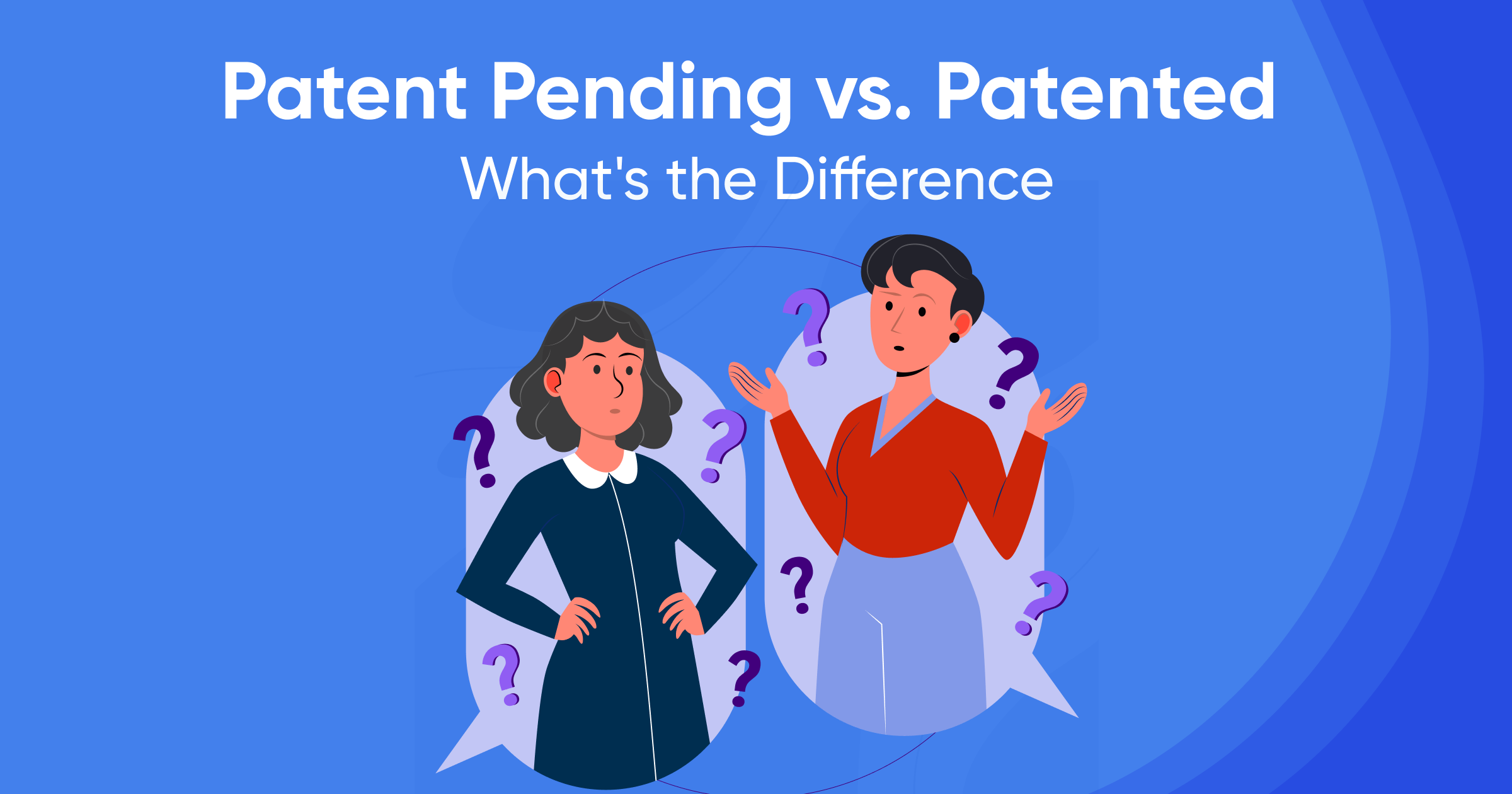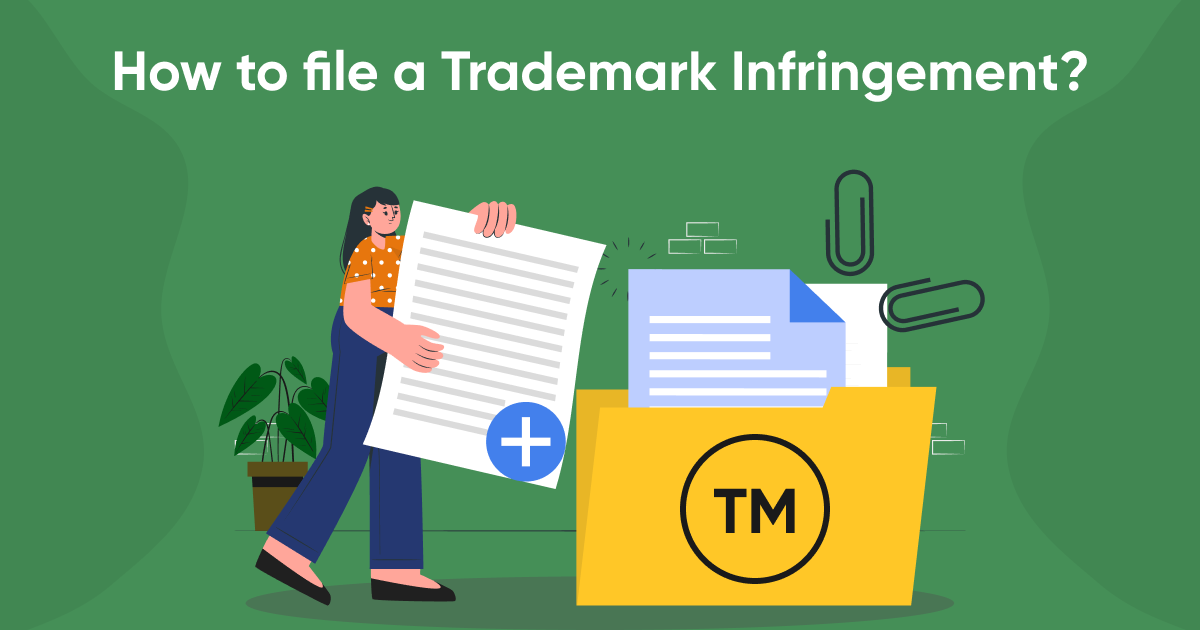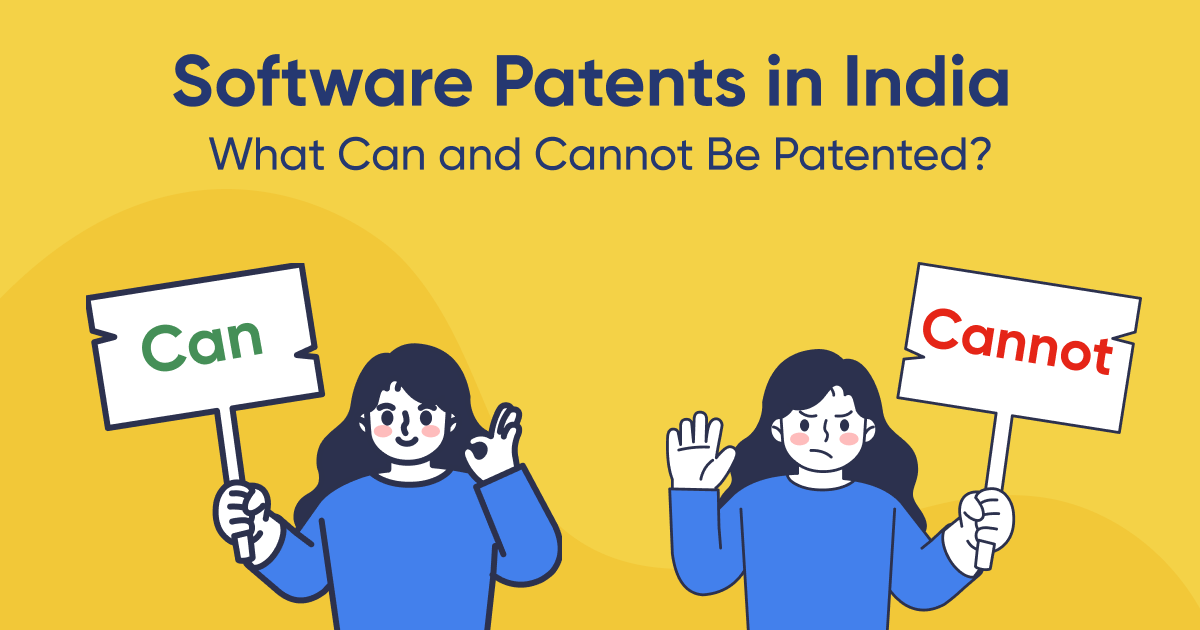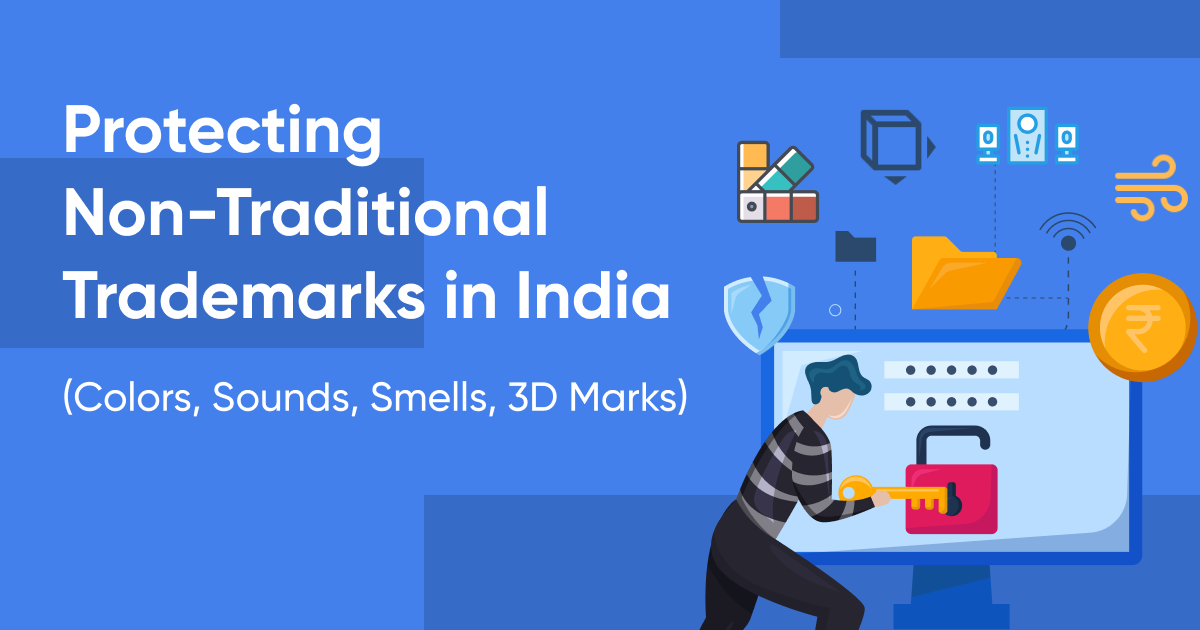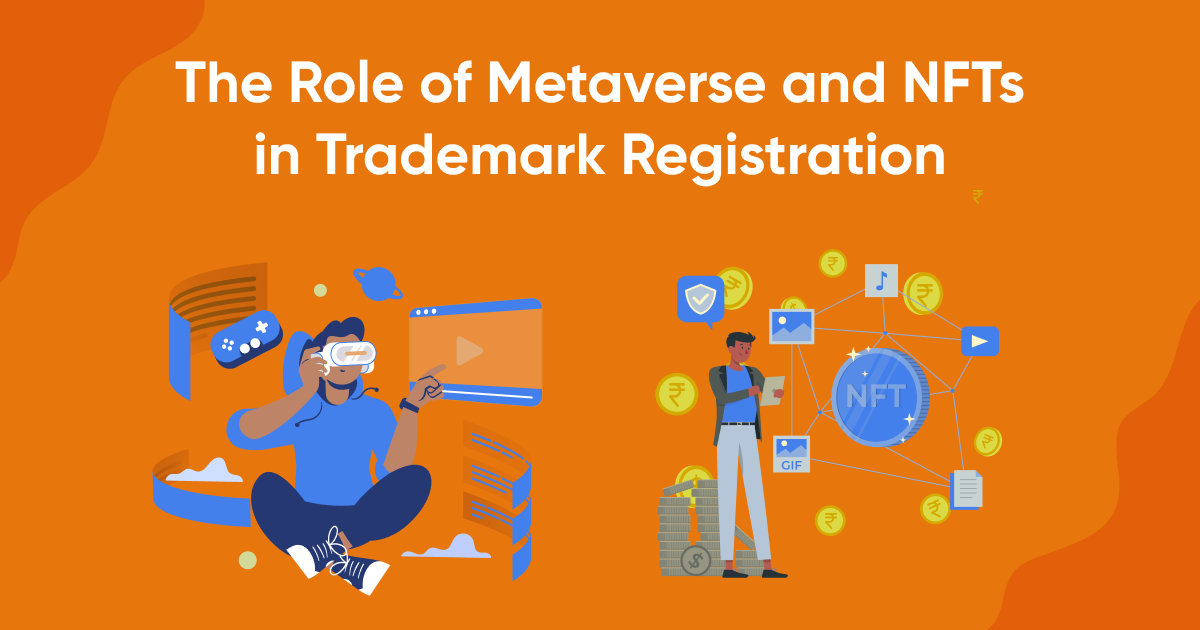Patent Pending vs. Patented: Understanding the Difference
You've probably seen those intriguing words, "Patent Pending," emblazoned on a product. But what does it truly signify? How does it differ from the more familiar "Patented"? Let's unravel the mystery.
The Concept of Patents
Before diving into the distinctions, it's essential to grasp the core idea of a patent. Essentially, a patent is a government-granted exclusive right to an inventor for a specific period, typically 20 years. This right allows the inventor to prevent others from making, using, selling, or importing the invention without their authorization.
Patent Pending: A Work in Progress
When you encounter a product adorned with the label "Patent Pending," it's akin to witnessing a construction site with a "Coming Soon" banner. It implies that the inventor has initiated the patent application process but is awaiting the final verdict from the patent office.
While not as definitive as "Patented," "Patent Pending" serves as a potent deterrent to potential copycats. It's a public declaration of the inventor's intent to protect their intellectual property. Furthermore, if the patent is eventually granted, the protection commences from the application date, not the issuance date, underscoring the significance of timely filing.
Patented: The Seal of Approval
Achieving the coveted "Patented" status is akin to clinching the gold medal in the innovation Olympics. It signifies that the inventor has successfully navigated the rigorous patent examination process, and their invention has been deemed unique, novel, and non-obvious.
With a patented product, the inventor enjoys exclusive rights to manufacture, utilize, distribute, or import the invention for a predetermined period. Any unauthorized replication or sale of a similar product constitutes a patent infringement, subjecting the offender to legal repercussions.
Key Differences Between Patent Pending and Patented
To summarize, the primary distinctions between "Patent Pending" and "Patented" are as follows:
1. Patent Status:
- Patent Pending: This status means that a patent application has been submitted and is currently under review by the patent office. It indicates that the invention is in the process of being examined but has not yet received official approval.
- Patented: This status indicates that the patent has been officially granted by the patent office. The invention has been reviewed, approved, and the inventor now holds the exclusive rights to it.
2. Legal Protection:
- Patent Pending: Offers limited protection by providing constructive notice to the public that the inventor has applied for a patent. However, it does not yet offer enforceable legal rights against infringement.
- Patented: Provides full legal protection, granting the inventor exclusive rights to make, use, sell, or license the invention. This status allows the inventor to take legal action against unauthorized use.
3. Inventor's Position:
- Patent Pending: The inventor is in the stage of securing patent protection. While the application is pending, the inventor does not yet have the full rights that come with a granted patent.
- Patented: The inventor has successfully secured patent protection, meaning they have full ownership and control over the invention and can enforce their rights legally.
4. Public Perception:
- Patent Pending: Suggests that the invention is innovative and in the pipeline for potential patent approval. It indicates that the idea is in development but has not yet been fully validated by a patent grant.
- Patented: Signals that the invention is not only innovative but has also been proven and protected through the patent system. This status enhances the invention's credibility and market value.
The Importance of Patents
Patents play a pivotal role in fostering innovation and economic growth. They incentivize inventors to invest time, resources, and creativity into developing new products and processes. By granting exclusive rights, patents encourage further research and development, leading to technological advancements that benefit society as a whole.
Patent Infringement
It's crucial to recognize that patent infringement is a serious offense. If you suspect that someone is unlawfully using your patented invention, consulting with an intellectual property attorney is essential. They can assess the situation, advise on appropriate actions, and protect your rights.
Conclusion
Understanding the difference between "Patent Pending" and "Patent" is essential for consumers, inventors, and businesses. While "Patent Pending" indicates a promising innovation in the pipeline, "Patented" signifies a proven and legally protected invention. By comprehending these distinctions, individuals can make informed decisions and appreciate the complexities involved in the patent process.
So, the next time you encounter these terms, you'll be equipped to decipher their meaning and recognize the significance of intellectual property protection.
Take Action to Protect Your Invention
If you're an inventor or a business looking to secure your intellectual property, it's crucial to understand the patent process and take the necessary steps to protect your innovation. For more information and to start the patent application process, visit Trademarkia.
Frequently Asked Questions
Does "Patent Pending" mean the product is actually patented?
No, "Patent Pending" indicates that a patent application has been filed but the patent has not been granted yet.
How long does it take to get a patent?
The patent application process can vary in length depending on the complexity of the invention and the jurisdiction. It typically takes several years.
Can I use a product with "Patent Pending" without permission?
It's generally advisable to avoid using a product with "Patent Pending" without explicit permission from the inventor, as it could potentially lead to legal issues if the patent is granted.
What happens if someone copies a patented product?
Copying a patented product without authorization is considered patent infringement and can result in legal action, including damages and injunctions.
Can I patent an idea?
While you can't patent an idea itself, you can patent a tangible application or implementation.
